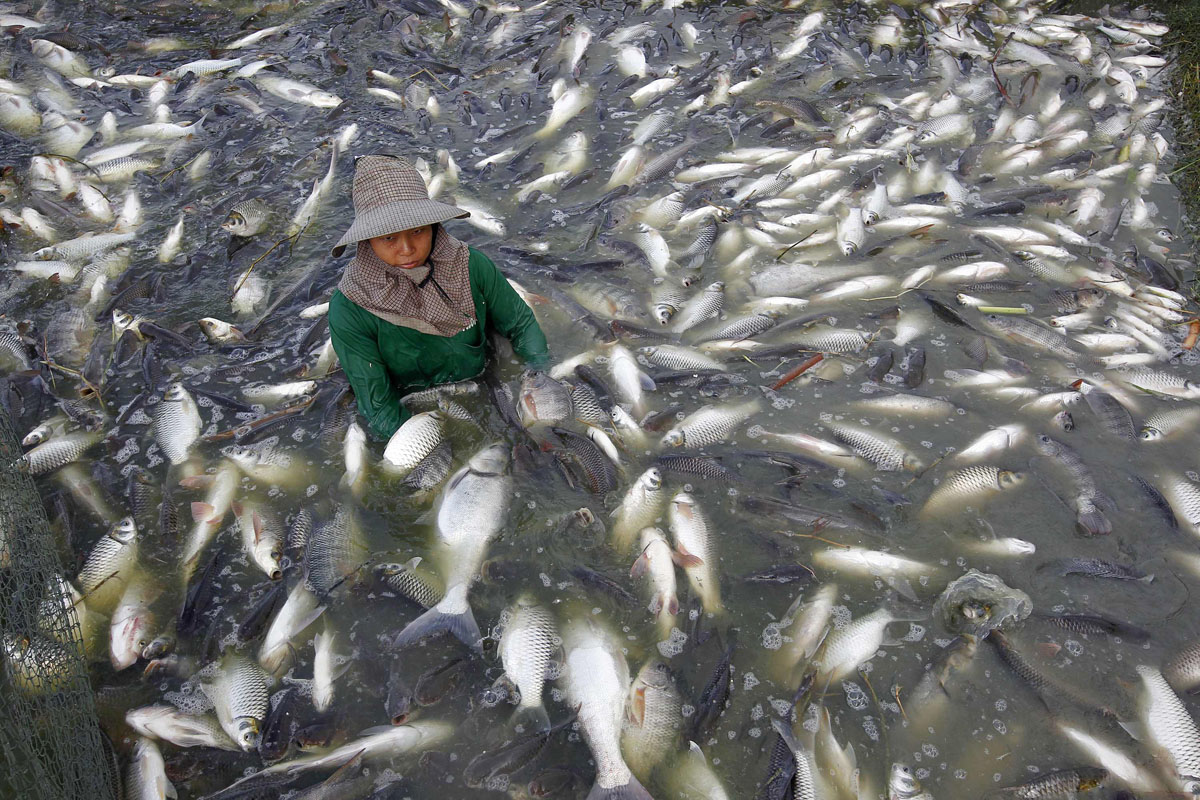Congress agreement to defend the tuna industry in negotiations with Thailand

FIS | 20 June 2013
Congress agreement to defend the tuna industry in negotiations with Thailand
By Analia Murias
Political spokespeople of the Agriculture, Food and Environment Committee of the Congress of Deputies agreed to develop an institutional statement in defense of the Spanish tuna processing industry in relation to the negotiations on a Free Trade Agreement between the European Union (EU) and Thailand. The document will be submitted to the Government of Spain, to then be forwarded to the European Parliament, the European Council and the European Commission.
During an appearance before the spokespeople of the Agriculture Committee, the general secretary of the National Association of Manufacturers of Canned Fish and Shellfish (Anfaco-Cecopesca), Juan Manuel Vieites, stated the position of the industrial and of the tuna processing sectors and defended the need for canned and processed tuna to be excluded from the Free Trade Agreement (FTA).
The leader emphasized that the processing industry and marketing of Spanish canned seafood is important not only in the overall fisheries and aquaculture sector, but also with respect to other productive areas.
He said it is a labour intensive sector and one of the largest industrial employment rates for women, and stressed the importance of the tuna canning and processing industry in this sector.
Vieites stressed that canned tuna is the main product for the processing industry of canned fish and seafood, and the industry depends on it to reach competitiveness and socio-economic viability.
Furthermore, he recalled that Spain is the largest producer in the EU, accounting for over 67 per cent of the EU total.
On the other hand, he pointed out that Thailand is the world’s largest producer of canned tuna, while Spain is the second one, and the main exporter of canned tuna to the EU market, with more than 90,000 tonnes.
On the basis of these considerations, Anfaco insisted that it is necessary for:
– Canned and processed tuna to be excluded from the FTA and the tariff liberalization process;
– Canned fish and seafood to be considered as sensitive products;
– Strong preferential rules of origin to be set without exception;
– The so-called level playing field to be ensured by including those chapters in the agreement related to the ratification and effective implementation of international covenants on social, labour, and environmental governance, as is the case of the countries that want to benefit from the Generalized System of Preferences (GSP+). In addition, the monitoring and control of the effective enforcement must be ensured by coordinating the mechanisms to do so;
– A chapter on sanitary and phytosanitary measures to be included providing the highest guarantee of food security and reliability of the competent authorities in Thailand.
Related article:
– The Spanish and Portuguese request canned tuna exclusion from FTA with Thailand





